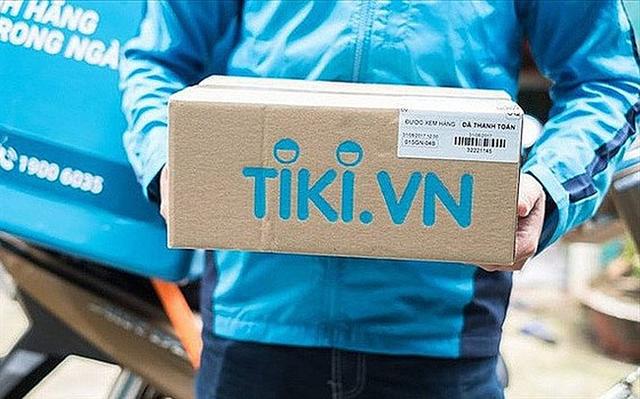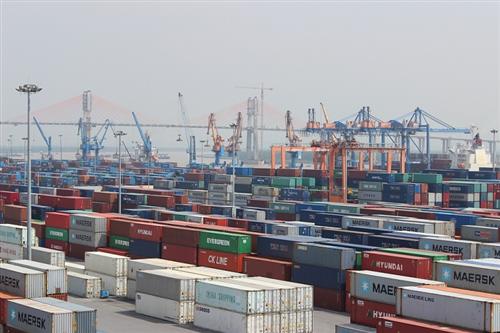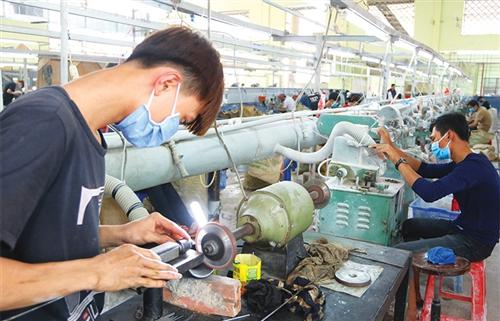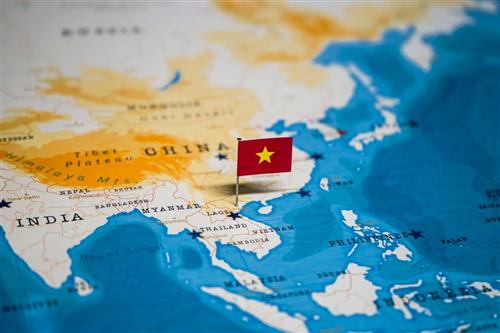Tiki in trouble for selling shoddy goods
Tiki in trouble for selling shoddy goods
Tiki, the most prestigious e-commerce platform in Vietnam, has gotten into trouble for selling low-quality goods and came under wide criticism for its poor customer service.

Tiki has been accused of selling goods of poor quality
|
A customer named Kim Anh most recently uploaded an article on Vietnam Business Insider about her disappointing experience shopping on Tiki. On last November 18, she bought a Macbook Pro 2017 from the Tiki Trading channel. However, the laptop delivered showed signs of errors such as quickly running out of battery (instead of the 10-12 hours cited by Apple) or overheating in one or two hours. This brought into question Tiki’s pledge of only selling authenticated goods.
She also contacted the e-commerce firm’s customer service for help and was directed to reset the device, which did not fix the issues. On last December 9, a Tiki staff took the laptop for repair. 37 days later (January 14, 2020), Tiki returned her laptop but she could not log in because it was logged with the account of the maintenance staff and forgot to log out before returning it to the customer.
Moreover, Tiki previously committed to taking back any good within 21 days. However, after 37 days, the company returned her a device that still did not work. What makes her even more disappointed is that Tiki has ignored fixing the laptop although she repeatedly called them to check on progress.For now, Tiki has issued no comment on the problem. In contrast to Shopee and Lazada whose platforms are known to be inundated by low-quality and fake goods, Tiki has built up trust with customers during the past 10 years by ensuring that only authenticated items are traded on its platform.
Tiki is one of the Big 4 in the local e-commerce market with the value assessment of VND1 trillion ($43.48 million). The firm also raised capital in June and December last year. The two main shareholders are VNG with 24.6 per cent and JD.com with 21 per cent of the shares. Others include Ubiquitous Traders Pte., Ltd. (nearly 9 per cent), CyberAgent, STIC, and Sumitomo.



















